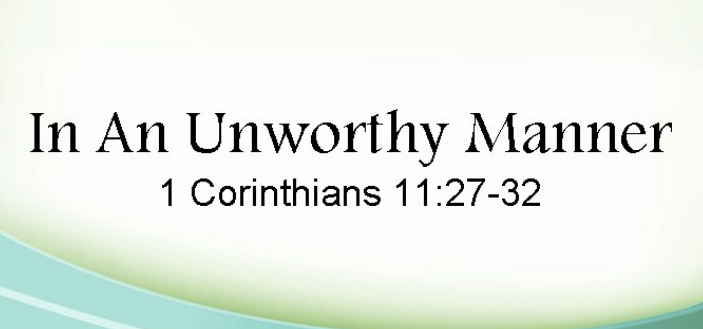Recent discussions brought up the topic regarding the omission of 1 Corinthians 11, 27–29 when the lectionary was revised into a 3-year cycle.
Whoever, therefore, eats the bread or drinks the cup of the Lord in an unworthy manner will be guilty concerning the body and blood of the Lord. Let a person examine himself, then, and so eat of the bread and drink of the cup. For anyone who eats and drinks without discerning the body eats and drinks judgment on himself.
I like this article because it presents the facts that we do know from documentary evidence and that this passage was initially included and then omitted towards the end of the process. He offers two main hypotheses regarding why this happened based on this. There is a charitable interpretation of what transpired.
My hot take follows Hanlon’s razor: “never attribute to malice that which is adequately explained by stupidity.”
Personally, I desire this being placed back in the lectionary since we all need this reminder. Still, I also don’t believe that this omission caused the current situation. Most of what we hear during the cycle of readings goes in one ear and out the other. Sometimes we listen to what the Holy Spirit is telling us.
“If you look at a thing 999 times, you are perfectly safe; if you look at it for the 1000th time, you are in danger of seeing it for the first time.” – G.K. Chesterton (The Napoleon of Notting Hill)
This passage can be preached on even if not in the lectionary. Homilies can reference this, and I heard my Bishop do so once. Plus, if your only access to hearing scripture is via the readings at Mass, this is already a severe problem.

